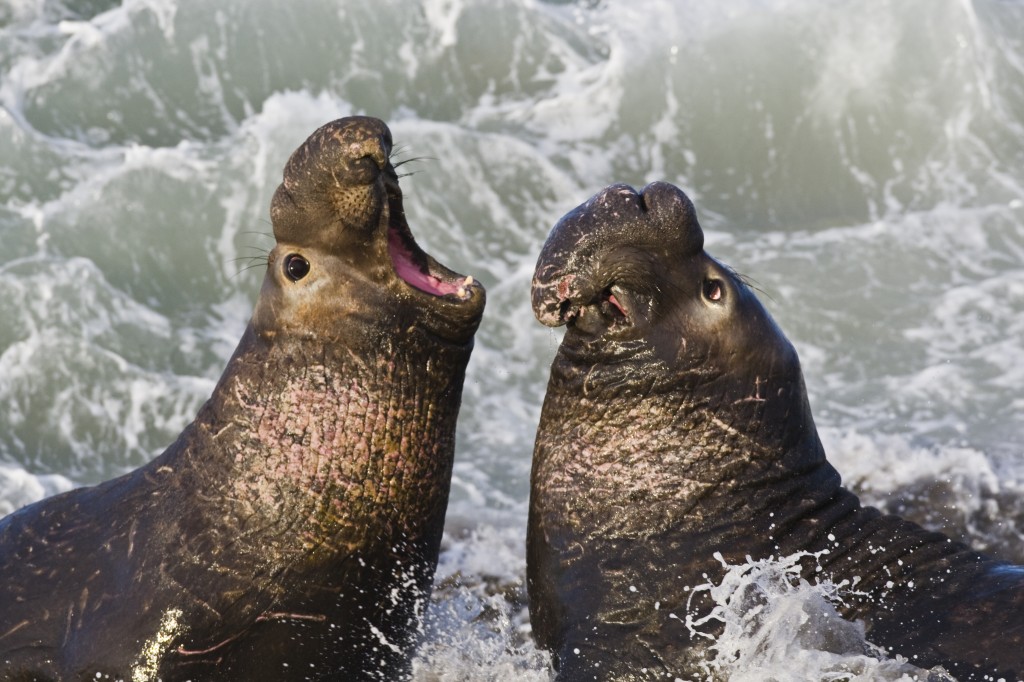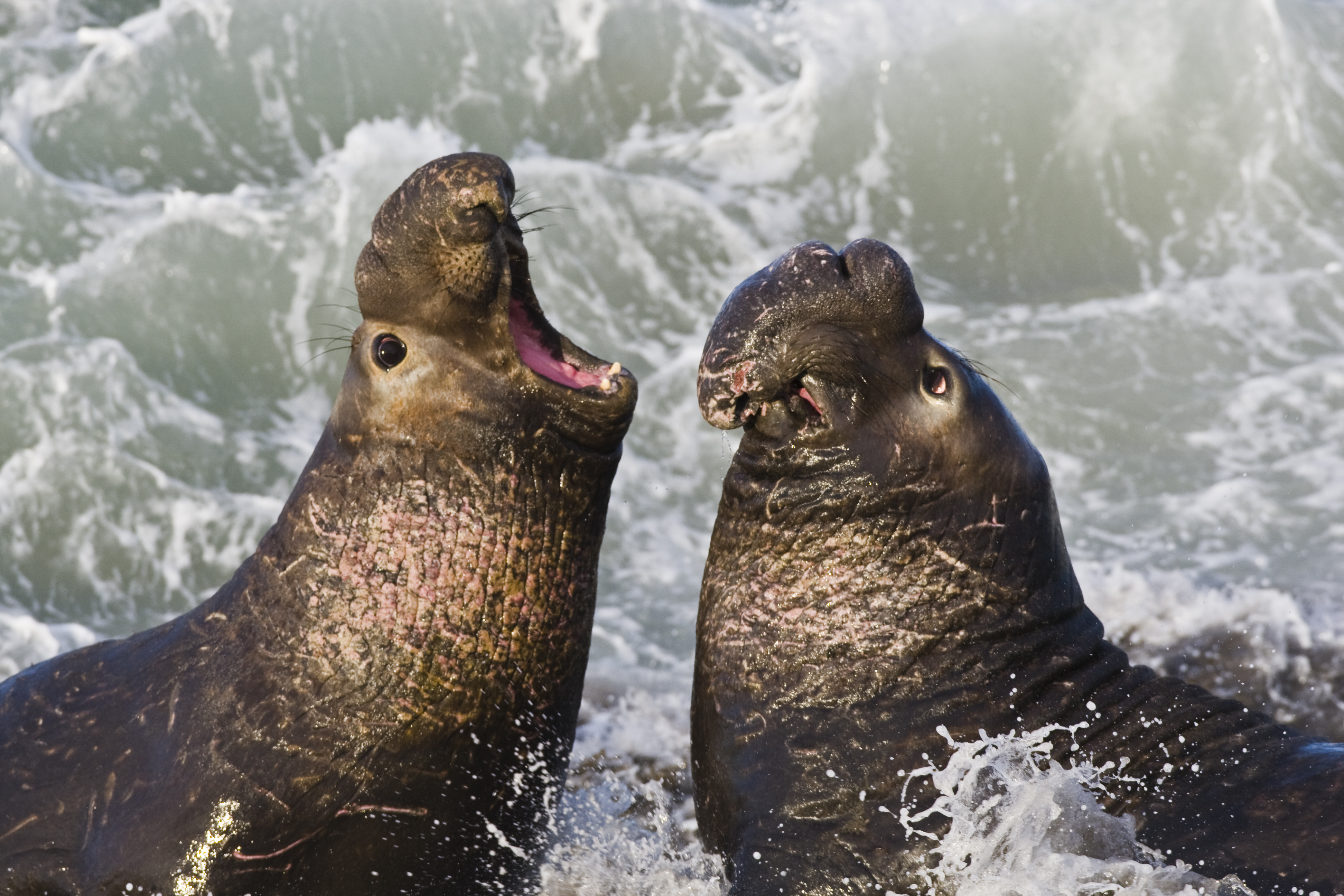
UC Riverside: Study finds that ethicists have average moral values
In a recent study conducted by philosophy professors Eric Schwitzgebel of UC Riverside and Joshua Rust of Stetson University, Florida, ethicists — professors who teach ethics — were found to be no more ethical than non-ethicists. In the experiment, ethicists stated that not responding to students’ e-mails was ethically wrong. However, those professors were no more likely to respond to the e-mails than non-ethicists.
While professors — particularly ethicists — who placed a high moral value on responding to student e-mails also rated themselves higher on responsiveness, Schwitzgebel and Rust found professors’ self-assessments to be generally inaccurate since “professors remain far short of ideal by either measure.”
The researchers also argue that ethicists who lack adherence to morality and consistency between attitude and behavior are creating great challenges for advocating ethical behavior.

UC Santa Cruz: Professor creates “Pandora’s Box” software
UC Santa Cruz psychology professor Steve Whittaker and Lancaster University professor Corinas Sas have collaborated on research that focuses on the effects of digital remnants of past relationships.
In their joint study, Whittaker and Sas found that the proliferation of digital possessions — posts, blog entries, videos, photos, even songs — on social media sites makes breakups psychologically hard to overcome. People’s ability to heal emotionally or move on in life is often hindered by the “negative role of digital possessions.”
In the paper, “Design for Forgetting: Disposing of Digital Possession After Breakup,” Whittaker and Sas devise a “Pandora’s Box” software that can scour online profiles for any trace of an ex-lover and stores them all into one single place for selective deletion or retention.
However, “Pandora’s Box” remains a last resort. Ultimately, Whittaker and Sas hope that people become better at managing their self-control in harvesting and sharing digital possessions online.

UC Davis: Swine flu detected in first marine mammal
UC Davis scientists recently detected the presence of the H1N1 virus in wild elephant seals off the coast of Central California. Scientists were surprised by this new discovery, as it is the first report of H1N1 being found in any marine mammal.
In conducting the study, scientists tested nasal swabs from 10 different species of more than 900 marine mammals off the Pacific Coast from Alaska to California. Out of the 42 female northern elephant seals examined, two are infected with H1N1 (with neither showing any symptom of illness). Antibodies were found in 28 additional elephant seals, indicating the widespread viral exposure.
“We thought we might find influenza viruses, which have been found before in marine mammals, but we did not expect to find pandemic H1N1,” said Tracey Goldstein, lead author of the study and associate professor with UC Davis. “This shows influenza viruses can move among species.”
H1N1, commonly known as Swine Flu due to its origination from pigs infected with type A influenza virus, was first declared as a pandemic in 2009. The virus caused about 17,000 deaths worldwide in just under one year.
Although the World Health Organization (WHO) had declared in 2010 that the pandemic was brought under control, researchers still urge people to wear personal protective gear when handling or interacting with wild marine mammals in order to reduce the chance of being infected.








